Published: 5:00am, 18 Jun, 2020
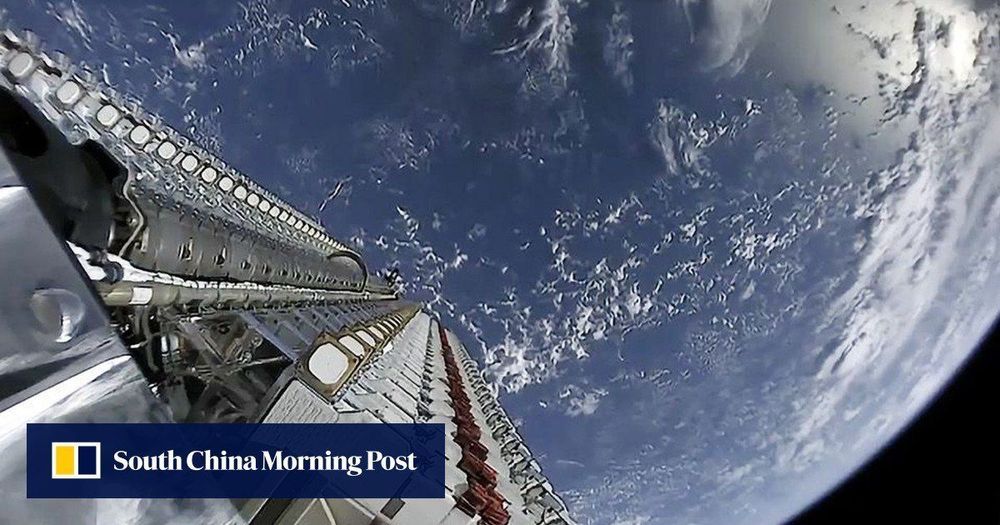

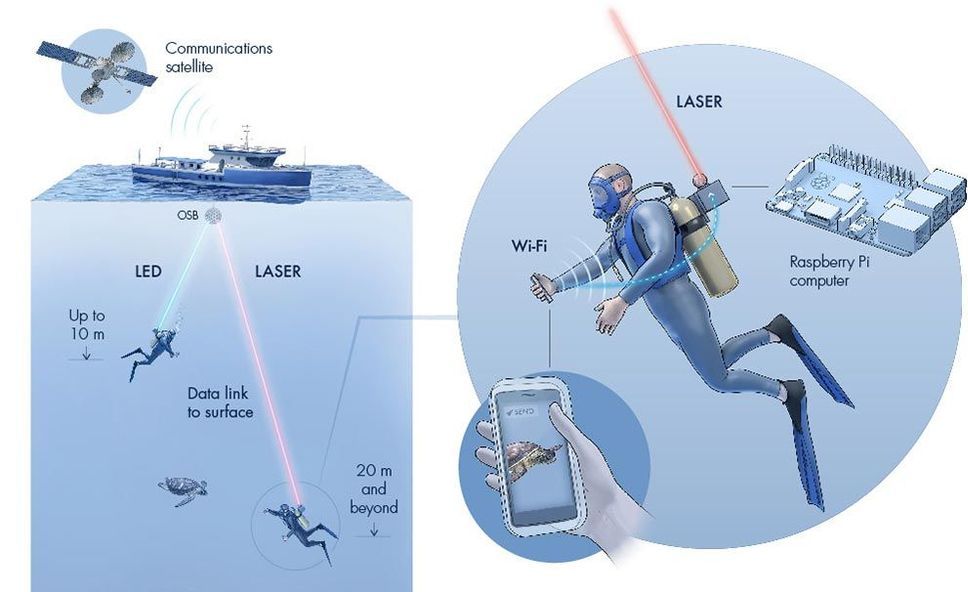
Aquatic internet that sends data through light beams could enable divers to instantly transmit footage from under the sea to the surface.
The internet is an indispensable communication tool, connecting tens of billions of devices worldwide, and yet we struggle to connect to the web from under water. “People from both academia and industry want to monitor and explore underwater environments in detail,” explains the first author, Basem Shihada. Wireless internet under the sea would enable divers to talk without hand signals and send live data to the surface.
Underwater communication is possible with radio, acoustic and visible light signals. However, radio can only carry data over short distances, while acoustic signals support long distances, but with a very limited data rate. Visible light can travel far and carry lots of data, but the narrow light beams require a clear line of sight between the transmitters and receivers.
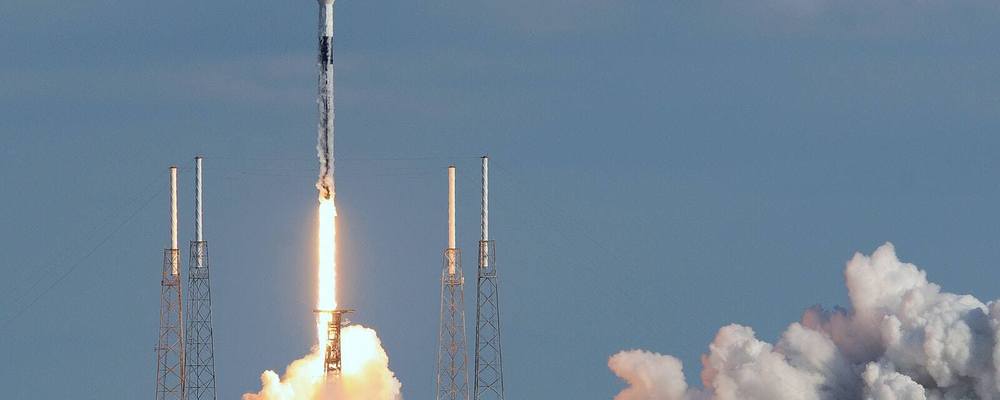



SINGAPORE/NEW DELHI (Reuters) — In the days leading up to the most violent border clash between India and China in decades, China brought in pieces of machinery, cut a trail into a Himalayan mountainside and may have even dammed a river, satellite pictures suggest.
The images, shot on Tuesday, a day after soldiers engaged in hand-to-hand combat in the freezing Galwan Valley, show an increase in activity from a week earlier.
O,.o I thought this was impossible o.o woah.
A U.S. Navy F/A-18E/F Super Hornet successfully launched a Stormbreaker glide bomb, a major step towards initial operational capability later this year. Stormbreaker is the Pentagon’s most advanced smart bomb to date, capable of seeking out and destroying moving targets and flying in night and adverse weather conditions.
TL;DR 206 | The Google Developer News Show
0:00 Android 11 Beta → https://goo.gle/3fzChBS
0:24 Introducing Google Play Asset Delivery → https://goo.gle/30R2pEn
0:47 Firebase Crashlytics SDK now publicly available → https://goo.gle/30SQxS8
1:05 Filestore now supports high performance → https://goo.gle/2YchJtr
1:33 New features from Google Maps Platform → https://goo.gle/3hCoRHd
1:53 Custom Cloud Monitoring dashboards → https://goo.gle/2AKHmsq
2:15 Introducing table-level access controls in BigQuery → https://goo.gle/3fzMcaJ
2:39 Introducing cross-region replica for Cloud SQL → https://goo.gle/2Bj9p1Q
2:49 Announcing sound null safety for Dart → https://goo.gle/2UTnEBr
Here to bring you the latest developer news from across Google is Developer Advocate Timothy Jordan. Tune in every week for a new episode, and let us know what you think of the latest announcements in the comments below! 😃
Follow Google Developers on Instagram → https://goo.gle/googledevs
Watch more #DevShow → https://goo.gle/GDevShow
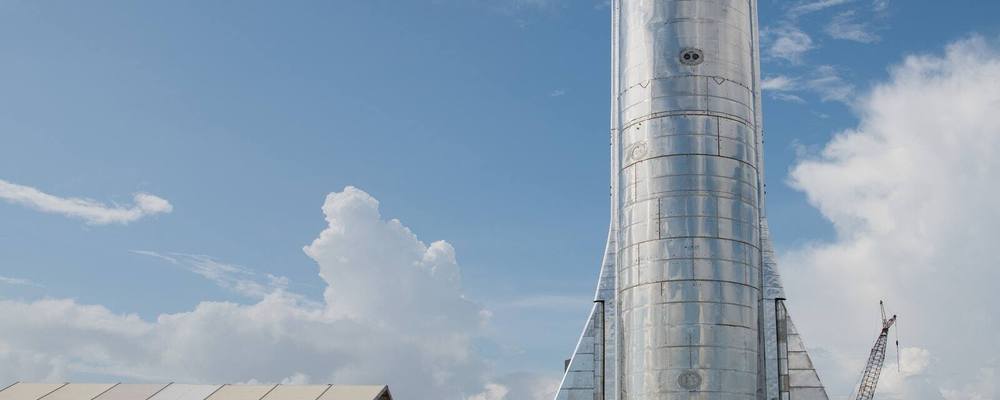
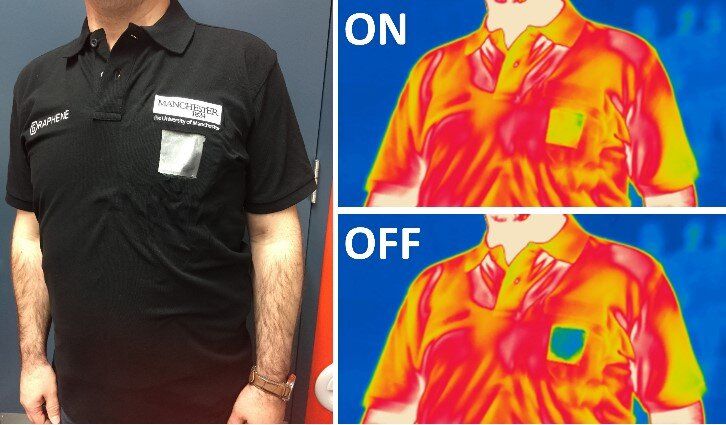
New research on the two-dimensional (2-D) material graphene has allowed researchers to create smart adaptive clothing which can lower the body temperature of the wearer in hot climates.
A team of scientists from the University of Manchester’s National Graphene Institute have created a prototype garment to demonstrate dynamic thermal radiation control within a piece of clothing by utilising the remarkable thermal properties and flexibility of graphene. The development also opens the door to new applications such as, interactive infrared displays and covert infrared communication on textiles.
The human body radiates energy in the form of electromagnetic waves in the infrared spectrum (known as blackbody radiation). In a hot climate it is desirable to make use the full extent of the infrared radiation to lower the body temperature which can be achieved by using infrared-transparent textiles. As for the opposite case, infrared-blocking covers are ideal to minimise the energy loss from the body. Emergency blankets are a common example used to deal with treating extreme cases of body temperature fluctuation.